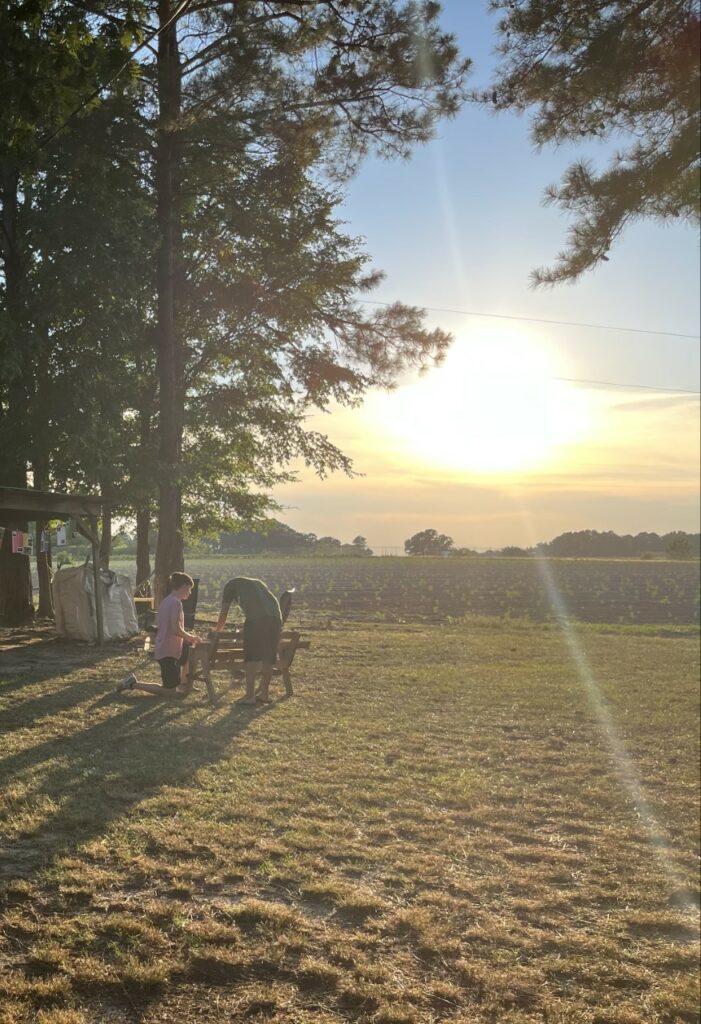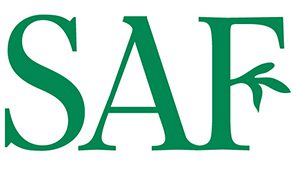– Coltan Compton, 2022 SAF intern
El Vinculo Hispano

It was an expectedly hot and humid North Carolina summer day; like most days of the season, it was just shy of unbearable. The vehicle of interns I was in trembled on the gravel road towards our destination, a modest labor camp of eight farmworkers in Dunn. We would be doing documentary work, discussing and creating projects with farmworkers centered around their personal goals and visions for the future of their occupation.
I was both eager and gently apprehensive about the day. I have wanted this internship to be one where I seek discomfort, putting myself in situations that stretch me beyond my current ease in both language and activism. This was one such situation, and I excitedly awaited the ways in which upcoming conversations would inspire growth and reflection. At the same time, I worried that my Spanish being a work in progress would restrict my ability to speak with or understand the farmworkers with whom we would be meeting. Still, I was reassured knowing that I would be with a group of interns who were well-experienced with communicating with Spanish speakers and who could provide support if needed.
For our documentary activity, I was paired with a farmworker named Yason. In spite of my limited Spanish, I discovered that Yason and I had dramatically different stories–he has been doing farm work for 13 years, while I have never been in the fields. He is a father, I am not. He has successfully grown facial hair, mine still emerges in patches. However, there were nonetheless points of connection: he and I are the same age, we both love the beach. Our parents are a source of hope. And we are people with dreams, envisioning a future where everyone, particularly those who are marginalized, can thrive without fear.
There are countless urgent concerns for our time: farmworker conditions, climate change, gun violence, and prejudice and racism in all their nauseating flavors, to name a few. For me, the question around which all these issues orbit is this: how do we relate to one another? Participating in documentary work with farmworkers was an opportunity to build trust between groups of folks with varied ideas and experiences and understand our shared capacity for imagining a future for ourselves and others that is not only ideal but possible. After the documentary session, I wondered what it would look like for more people to engage in this exercise, both with farmworkers and with others whose stories have been told for rather than by them. Perhaps then more seeds of empathy would be planted, resulting in a bountiful harvest of social change.
